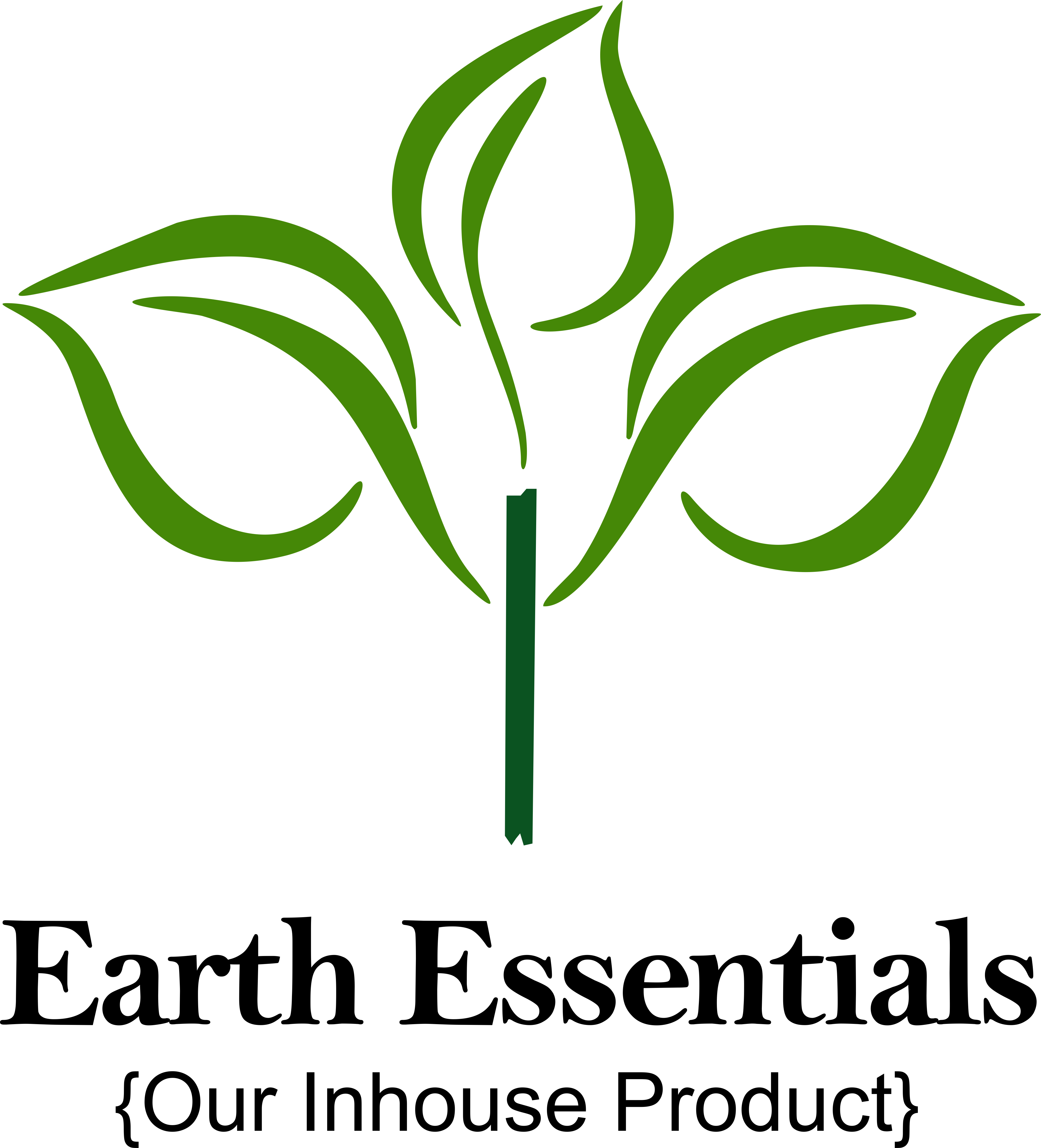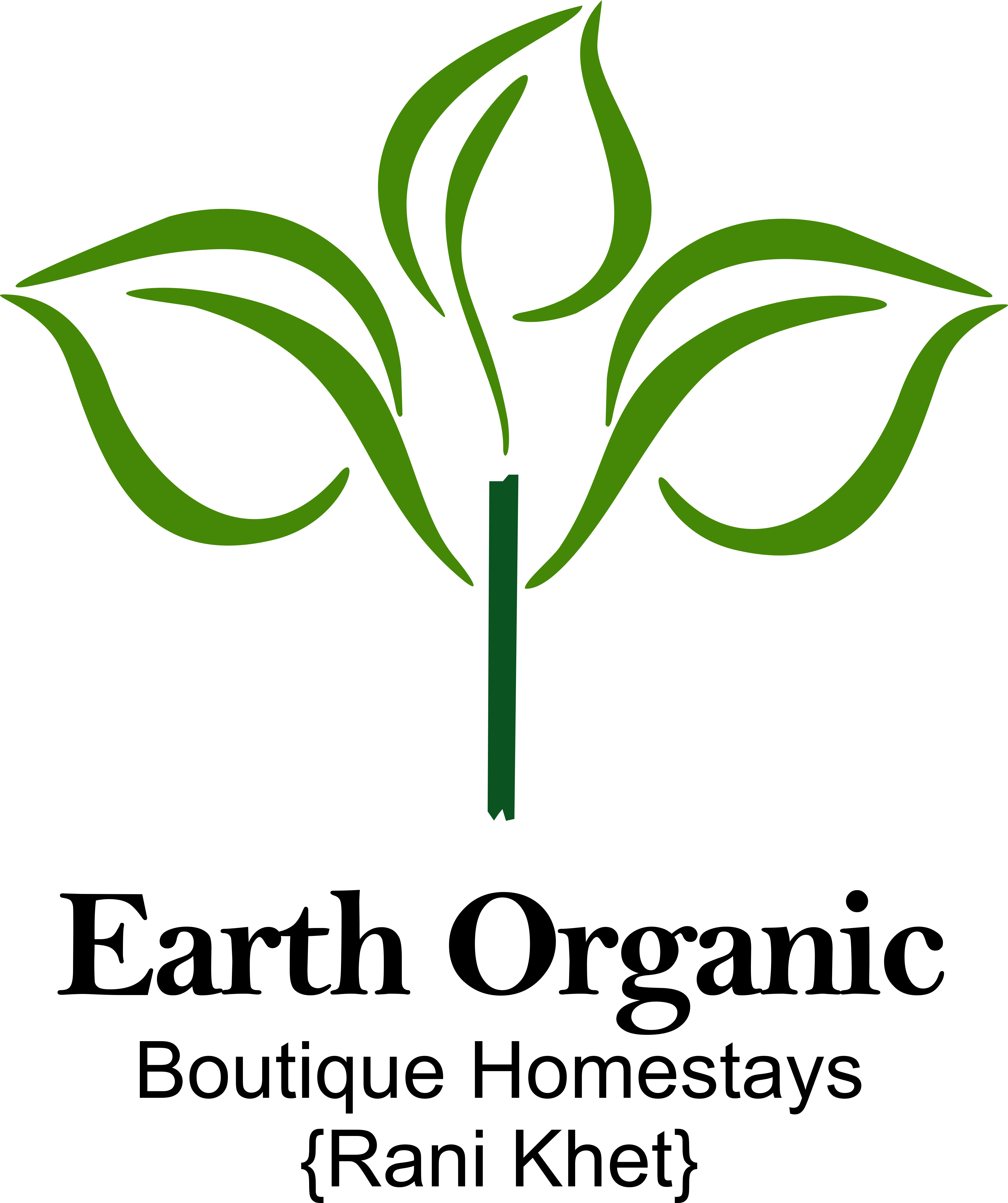1: What is organic farming and why is it important ?
Organic farming is agriculture that makes healthy food, healthy soils, healthy plants, and healthy environments a priority, along with crop productivity. Organic farmers use biological fertilizer inputs and management practices such as cover cropping and crop rotation to improve soil quality and build organic soil matter. By increasing the amount of organic matter in the soil, organic farmers enhance the soil’s ability to absorb water, reducing the impacts of drought and flooding. Improving soil organic matter also helps it to absorb and store carbon and other nutrients needed to grow healthy crops, which, in turn, are better able to resist insects and diseases.
Organic production systems do not use genetically modified (GM) seed, synthetic pesticides or fertilizers. Some of the essential characteristics of organic systems include design and implementation of an organic system plan that describes the practices used in producing crops and livestock products; a detailed recordkeeping system that tracks all products from the field to point of sale; and maintenance of buffer zones to prevent inadvertent contamination by synthetic farm chemicals from adjacent conventional fields.
1: Why does organic cost more?
The cost of organic food is higher than that of conventional food because the organic price tag more closely reflects the true cost of growing the food: substituting labor and intensive management for chemicals. These costs may include cleanup of polluted water and remediation of pesticide contamination.


